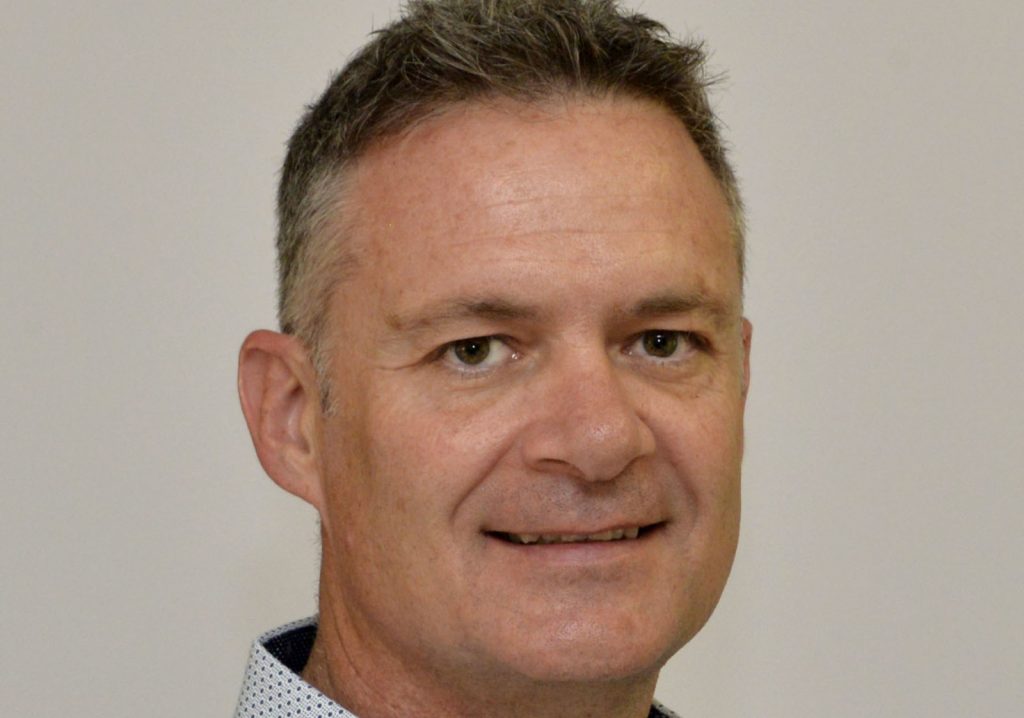HONOR has officially opened pre-orders for its much-anticipated HONOR 400 and HONOR 400 Pro smartphones in South Africa — ushering in a bold new…
Encourage entrepreneurial mindset at young age to beat joblessness says expert

South Africa’s unemployment rate is sitting at a scary 11-year high. In the second quarter it stood at 29%, up 1.4 percentage points from the first quarter.
Most concerning is that 3.3 million or 32.3% of the 10.3-million South Africans aged between 15 and 24 years are not employed, in training or studying, according to Statistics SA’s Quarterly Labour Force Survey for the second quarter of 2019.
Entrepreneurship has been touted by many as a solution to tackling the country’s continuing joblessness.
This, while the Anzisha Scenario imagines a future where students of high potential become entrepreneurs and hire at least three of their peers.
How can South Africa then encourage youth entrepreneurship?
About 3.3 million South Africans between the ages 15 of and 24 are unemployed
Young Entrepreneurs founder and executive director Danie Jacobs says there’s a need to promote an entrepreneurial culture in the country.
South Africans, he says, should be encouraged to see entrepreneurship as an attractive option. But this can only be realised by instilling an entrepreneurial mindset in children from as early an age as possible, he adds.
Jacobs’ organisation teaches teens and young adults vital entrepreneurial, financial literacy, employability and workplace readiness skills and help them start and grow their own micro-enterprises in a fun and experiential way.
He believes both collective intent and private-public partnerships are necessary to establish an entrepreneurial ecosystem that recognises entrepreneurship education as a lifelong learning process.
“We should recognise the importance of nurturing the entrepreneurial spirit as early as primary school and progress through all levels of education.
“This lifelong learning model assumes that everyone in our education system should have opportunities to learn at the beginning stages, while the later stages are targeted at those who may specifically choose to become entrepreneurs,” he says.
Entrepreneurial mindset attributes, he stresses, are “essential” for participating in the Fourth Industrial Revolution — whether one actually starts a business or not.
This message, he says, should be communicated and the implication considered in all education.
“We see seismic shifts happening in the world of work and business and over 50% of these new jobs will be structured as freelance projects rather than full-time jobs,” he says.
‘School system has a flawed purpose’
He attributes a “huge part” of South Africa’s unemployment crisis and the subsequent lack of entrepreneurial mindedness to the country’s school system.
“Yes, our school system has a flawed purpose, not even to mention the total disconnect between what we teach and the requirements of the world of work and business,” he points out.
Everything, he says, boils down to the subject choices that learners make at the end of Grade 9 and then to whether they are able to achieve a Matric exemption, to get into a university or college.
“Why would any country think that a purely academic path should be a one-size-fits-all (approach)? (It’s) ridiculous.”
‘Anzisha Scenario move in right direction’
He says any initiative that promotes entrepreneurship should be supported and reckons that the Anzisha Scenario is a “definite move in the right direction”.
He points out that the scenario emphasises a “concerted and collective effort” by a range of stakeholders, and that the proposed collaboration is imperative.
“We find pockets of excellence all over South Africa and the African continent in promoting entrepreneurship, but our inability to align these initiatives as part of a bigger entrepreneurial ecosystem is one of the fundamental flaws that should be addressed,” he says.
Jacobs however says his biggest concern with the scenario is its target group.
“Very young entrepreneurs (VYE) as defined by the Anzisha Scenario are persons between the ages of 15 and 22. We leave it too late,” says Jacobs.
Get them at an early age
He explains that cultivating entrepreneurship in the very young is vital, as children are born imaginative, energetic and willing to take risks.
In the absence of entrepreneurial education, he points out, the enterprising spirit of children will dramatically decline over time until it is almost on-existent by the time they complete high school.
“In the majority of cases we have young adults partaking in entrepreneurship development programmes after school out of necessity and not out of choice.
“They sit in these programmes because they are unemployed or cannot further their studies — not because they have an entrepreneurial mindset,” adds Jacobs.
He makes the case that there’s a need to re-examine entrepreneurship education, he says.
“For decades now we say that we teach entrepreneurship, but what we are teaching in actual fact is business acumen. We get the packaging wrong.
“Entrepreneurship is not learned by reading a textbook and then taking a test to prove you are one. Teaching kids entrepreneurship is not an event.
An entrepreneurial mindset, he believes, consists of attributes that are instilled through repetitive experiential exposure from a very young age. “Entrepreneurs ‘become’ through the experiences of their lives,” he adds.
Unemployment and poverty can only be overcome by cultivating an entrepreneurial culture, he says. But to get it right, children need to be exposed to entrepreneurship from an earlier age.
This story appeared originally on the Anzisha Prize’s blog on 4 September. See it here.
Featured image: Young Entrepreneurs founder and executive director Danie Jacobs (Supplied)
The Anzisha Prize seeks to fundamentally and significantly increase the number of job generative entrepreneurs in Africa, and is a partnership between African Leadership Academy and Mastercard Foundation. Through Ventureburn, they hope to share inspirational and relatable stories of very young (15 to 22 year old) African entrepreneurs and the people that support them. [learn more]


